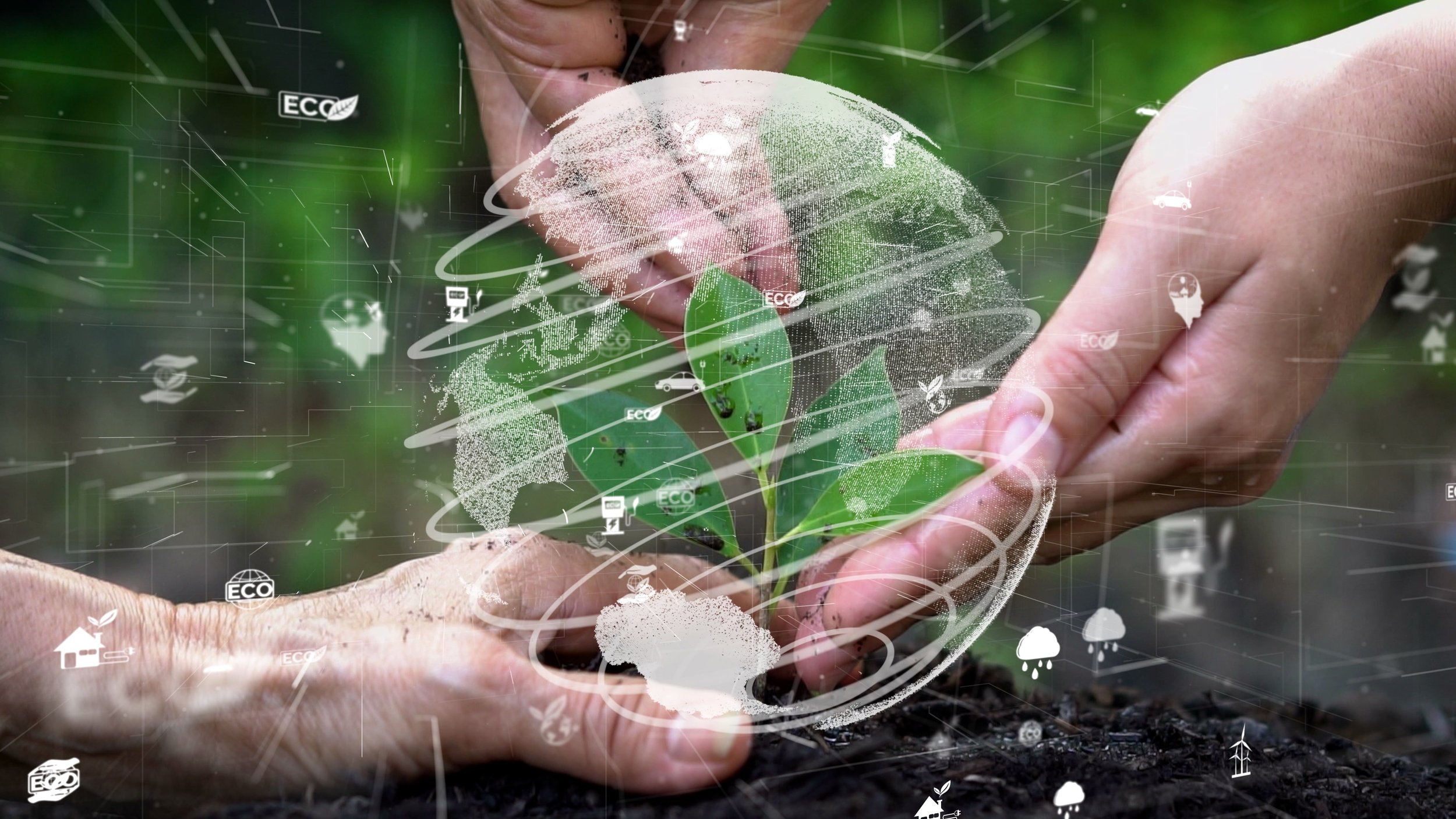Startup develops end-to-end monitoring system for carbon trading
Green Bonds Brasil has leveraged almost R$1 million in grant funding to develop a carbon custody chain for soy
Green Bonds Brasil aims to guarantee the transparency of carbon credits by creating a chain of custody for soy – from certification of origin to the sale of assets on voluntary markets. This fintech is part of the portfolio of the Cerrado Sustainable Soy Program, a partnership between the Land Innovation Fund and AgTech Innovation, with strategic support from Cargill, CPQD, Embrapa and Embrapii. Since joining the program, it has leveraged almost R$1 million in grants from the Startup Finance Facility and Venture CPQD, in alliance with Embrapii, to develop the solution.
Using blockchain technology, Green Bonds Brasil is developing an end-to-end solution to certify the traceability of carbon stocks in the soil and native plant life, with a focus on the Cerrado, from the physical stock available on the farm to the financial asset offered on the voluntary market's trading desks. "There is still no transparency today when it comes to carbon credits. A company buying a certificate has no way of confirming which project the tokenized credit belongs to, nor does it receive annual asset verification reports," explains Edson Toledo, the startup's CEO.
With the chain of custody, it is possible to issue up-to-date information on a farm's forest assets and proof of deforestation-free origin, thus complying with the European Union's new regulations for agricultural products.
The fintech proposes to act as a third-party auditor, responsible for verifying the entire useful life of carbon credit certificates and other environmental assets. The solution's semi-annual analysis will provide greater credibility for buyers and sellers of carbon credits on the voluntary market.
To this end, Green Bonds Brasil is carrying out a pilot project on 48,000 hectares of land in the Cerrado biome, located in the Mirador State Park, in southern Maranhão state, in partnership with the Federal Institute of Maranhão (IFMA) and the company GreenBR Ltda. Around 150 families live on land involved in the pilot project, growing subsistence crops on family farms, all of them on the banks of rivers and streams, in areas that are difficult to access. The landowners face strong pressure to clear the land, and have never been offered compensation or a management plan for the area.
The purpose of the "GreenBR Savanna Mirador REDD+" initiative is to generate carbon credits from avoided deforestation for conservation in the region. Green Bonds Brasil hopes its complementary work will boost the quality of carbon credits generated in the pilot project, while also supporting students from the Federal Institute of Maranhão to train families who live on the farms.
With the financial return from the carbon credits, Green Bonds Brasil intends to sustainably manage the farms and improve fire control, helping to preserve the forest areas. They have already quantified the biomass on the land and plan to monitor the fauna in a second phase of the project. "One of our objectives with this project is to conserve a species of ocelot that is endemic to the region," explains Edson.
Integrated solutions:
The partnership with CPQD, enabled by its participation in the Sustainable Soy for the Cerrado Program, has ensured technical and financial support to develop the minimum viable product (MVP) of the back-end systems needed to make the chain of custody operational. The project is now beginning to reinvest and set up the platform's graphic interface. Green Bonds Brasil has leveraged a total of nearly R$1 million in grant funding from the Startup Finance Facility and Venture CPQD, in alliance with Embrapii, to develop the solution.
"The Green Bonds Brasil initiative is bringing together different links in the agricultural supply chain to promote sustainable agricultural development. The project fits into the Fund's proposal to lay the ground for testing, scaling up and implementing innovative solutions for low-carbon agriculture, as part of climate change mitigation," says Ashley Valle, director of the Land Innovation Fund.


